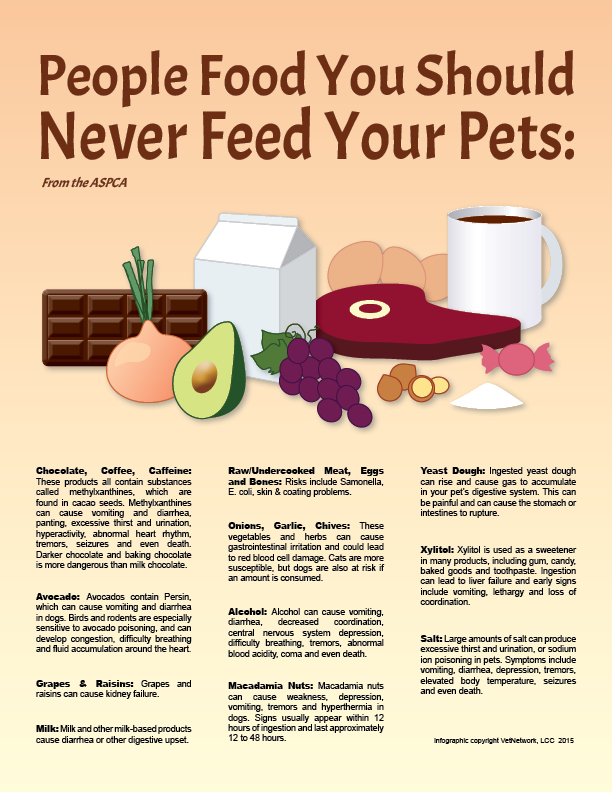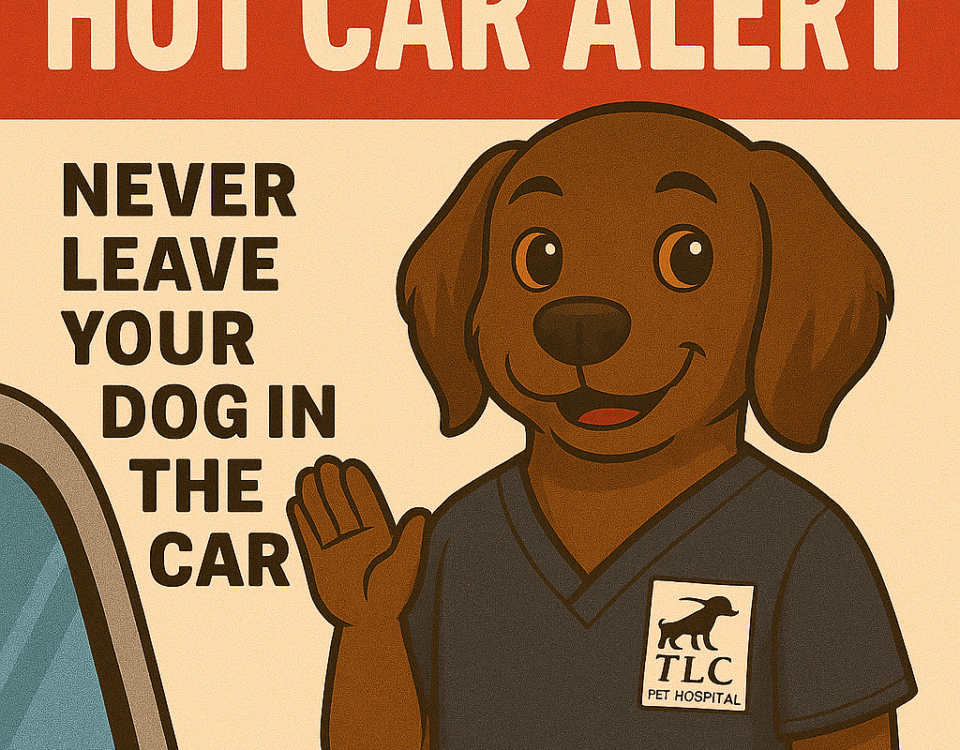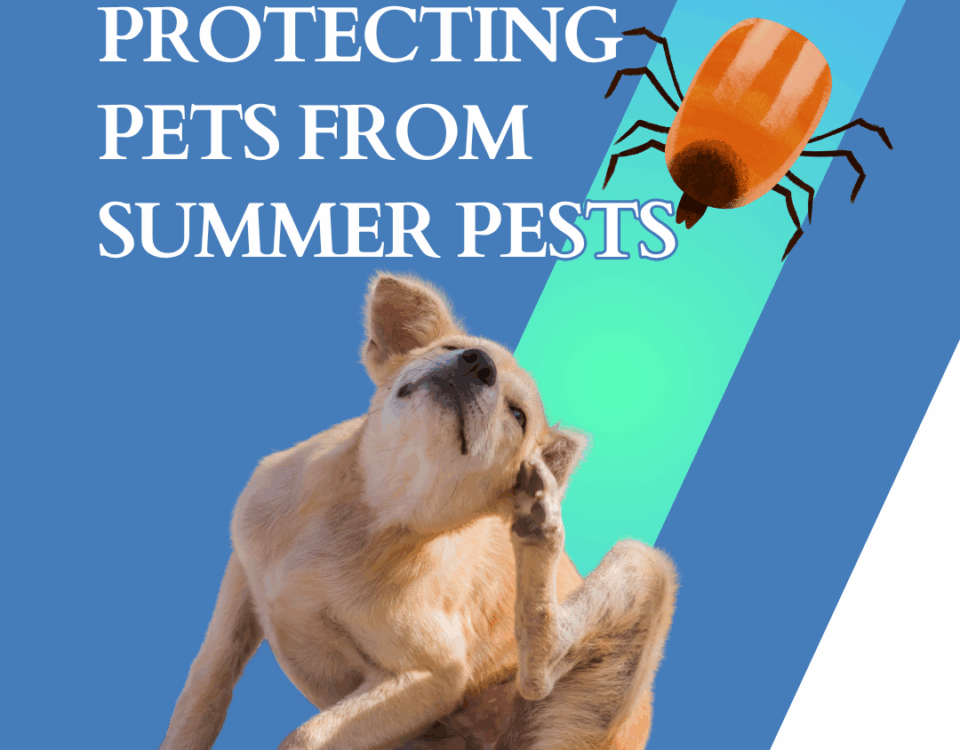The “P” Word (Parvovirus)
April 8, 2013Providing A Proper Diet for Your Puppy!
April 15, 2013Letting Your Dog Walk You
A poorly trained dog can pull you over while you’re out for a stroll. According to the CDC, tens of thousands of people end up in the ER every year because of pet-related falls. Many of these falls occur during walks — either when a person trips over a dog or is pulled or pushed by one. Experts say obedience training is the best way to make sure your pooch doesn’t take you down during the morning walk.
Overlooking Ticks
After a walk in the woods, you check yourself for ticks, right? Don’t forget about your dog. Tick bites put your dog at risk for Lyme disease, Rocky Mountain spotted fever, and a handful of other diseases. They can also cause serious illnesses in cats. If your pet has infected ticks, this puts the rest of the family at risk. If you find a tick, remove it carefully with tweezers, being careful not to crush it. Ask the vet about anti-tick medicine.
Not Bothering to Deworm
Roundworms are common parasites in both dogs and cats. They cause diarrhea and vomiting and may lead to serious illness. But many people don’t realize these worms are a threat to humans, too. An infected pet can contaminate soil or sand with tiny eggs. Kids may ingest the eggs by putting dirty fingers in their mouths. When the worms hatch inside people, they can cause blindness and other tissue damage. Ask your vet about regular deworming.
Not Spaying or Neutering Your Pet
Millions of cats and dogs live on the street or end up euthanized because of unwanted litters. Still, many people are reluctant to spay or neuter their pets. The fact is, spaying and neutering is a healthy choice for your pet. It reduces the risk of breast cancer in females and testicular cancer in males. Neutered males are also less likely to run away from home, mark their territory, or exhibit aggressive behaviors.
Keeping the Food Bowl Full
With the best intentions, some people keep their pets’ food bowls full at all times. This is one of the most common mistakes pet owners make. The problem is that cats and dogs often eat more than they need. If food is constantly available, they will take in too many calories and put on too much weight. To avoid this, follow the suggestions on the pet food label or ask your vet for guidance.
Providing Too Little Attention
Just like children, your pets will get bored if you don’t play with them. And boredom can lead to troublesome behaviors like chewing, digging, barking, and whining. Bored cats may resort to scratching and excessive meowing. Fight boredom by hiding treats for your pets to find around the house. Provide toys your cat can chase. Teach dogs to play fetch, tug-of-war, or hide-and-seek.
Making Your Cats Share a Litter Box
Multiple cats plus one litter box equals a formula for elimination problems. That’s a nice way of saying your cat may choose to pee or poop on the floor. Cats can be very picky about their litter box. If it’s dirty or smells like other cats, they may not use it. Experts recommend having one litter box for every cat in your home, plus one extra. It may be helpful to space out their boxes around the home.
Setting No Rules
Some people expect their pets to know right from wrong without being told. But human etiquette does not come naturally to dogs and cats. You need to make it clear that jumping up on people, scratching the furniture, and peeing on the carpet are unacceptable. Be consistent about the house rules, and reward your pets for good behavior. If you need guidance, consult a trainer promptly.
Giving Bones to Dogs
We may think of bones as a wonderful treat for dogs, but the FDA paints a different picture. The agency warns that chewing on bones can injure the teeth, tongue, or mouth. Bone fragments can get stuck in your dog’s windpipe, interfering with breathing. Bones can also get stuck in the digestive tract, where they will have to be removed with surgery or an endoscope. If your dog likes to chew, ask your vet about safer alternatives.
Feeding Dogs Table Scraps
It can be hard to resist a dog that’s begging at the table. You look into those big eyes and want to share your food with your pet. But rewarding your dog’s barks or whines will only encourage more begging in the future. And then you can forget about quiet dinners with your family. If you want to share table scraps as an occasional treat, do it away from the table — and use the food as a reward for good behavior.
Giving Up a Cat During Pregnancy
Some women are advised to give up their cats during pregnancy, but is this necessary? The concern is an illness called toxoplasmosis, which is caused by a parasite found in feline stool. If a woman is newly infected during pregnancy, her fetus could be harmed. But most people who have cats already have antibodies to protect against toxoplasmosis. The CDC advises pregnant women to keep their cats but avoid handling cat litter if possible.
Adopting a Pet on a Whim
If a friend is giving away puppies or a local animal shelter is filled to capacity, you may be tempted to bring home a new pet. But this should never be a spur-of-the-moment decision. You are making a long-term commitment to care for the animal — 10 to 15 years for dogs and up to 20 years for cats. It’s also best to do some research ahead of time to decide what type of pet — and what specific breed — would be best for your family.
http://pets.webmd.com/ss/slideshow-mistakes-pet-owners-make



